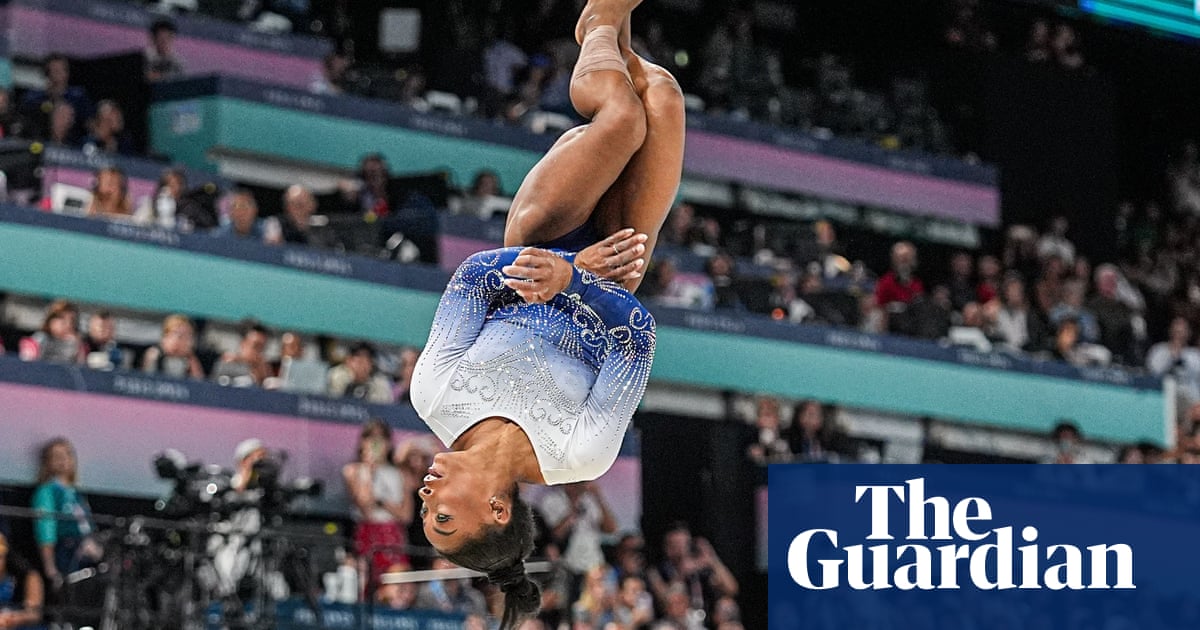Simone Bilessuffered from the “twisties” in the run-up to the 2016 Olympics, five years before the conditionseverely disrupted her performanceat the Tokyo Games.
Aimee Boorman, Biles’s longtime coach, outlines the story in her new book, The Balance: My Years Coaching Simone Biles. The twistiescause gymnasts to lose their orientation while in the air, a dangerous situation in a sport where falls can cause serious injury. The condition,along with mental health concerns, caused Biles to withdraw from all but one final at the Tokyo Olympics, where her only medal was a bronze on the beam.
However, Boorman says Biles suffered from the twisties years earlier, before her Olympic debut in Rio de Janeiro in 2016, when her four gold medals propelled her to worldwide fame.
“Before Simone introduced the world to the twisties in 2021, she had experienced this proprioception phenomenon in January of 2016,” Boorman writes in her new book. “When this happens to a gymnast who is flipping 10-plus feet in the air and they lose body awareness in space and time – not knowing if they’re going to land on their back, feet or head – it’s much more dangerous [than the “yips” in baseball or golf].”
Boorman, who coached Biles from the age of seven until the end of the 2016 Olympics, said the American had experienced the twisties after feeling pressure at the 2015 world championships, where she won four golds.
“[Three months after the 2015 world championships] Simone couldn’t twist – on basically anything,” Boorman writes. “… [She] would physically stop herself from twisting during her routines because she was afraid of getting lost in the air. Simone would never crash; she would just stop herself before ever attempting a twist.”
Boorman said she did not want to rush Biles back into attempting twists but the gymnast eventually regained her ability to do so in time for the 2016 Olympic trials after talking with her family and therapist.
“Thankfully the twisties had passed without injury,” Boorman writes, “and in the process, we demonstrated that an elite gymnast can avoid training elements for weeks without losing their skills.”
Biles has not publicly commented on Boorman’s claims but wrote the foreword to the new book.
Biles did not appear to have any issues with the twisties at the 2024 Olympics in Paris, where she won three golds. The 28-year-old has 11 Olympic medals and 30 from the world championships, making her the most decorated gymnast in history.She has not ruledout competing at the 2028 Olympics in Los Angeles.
